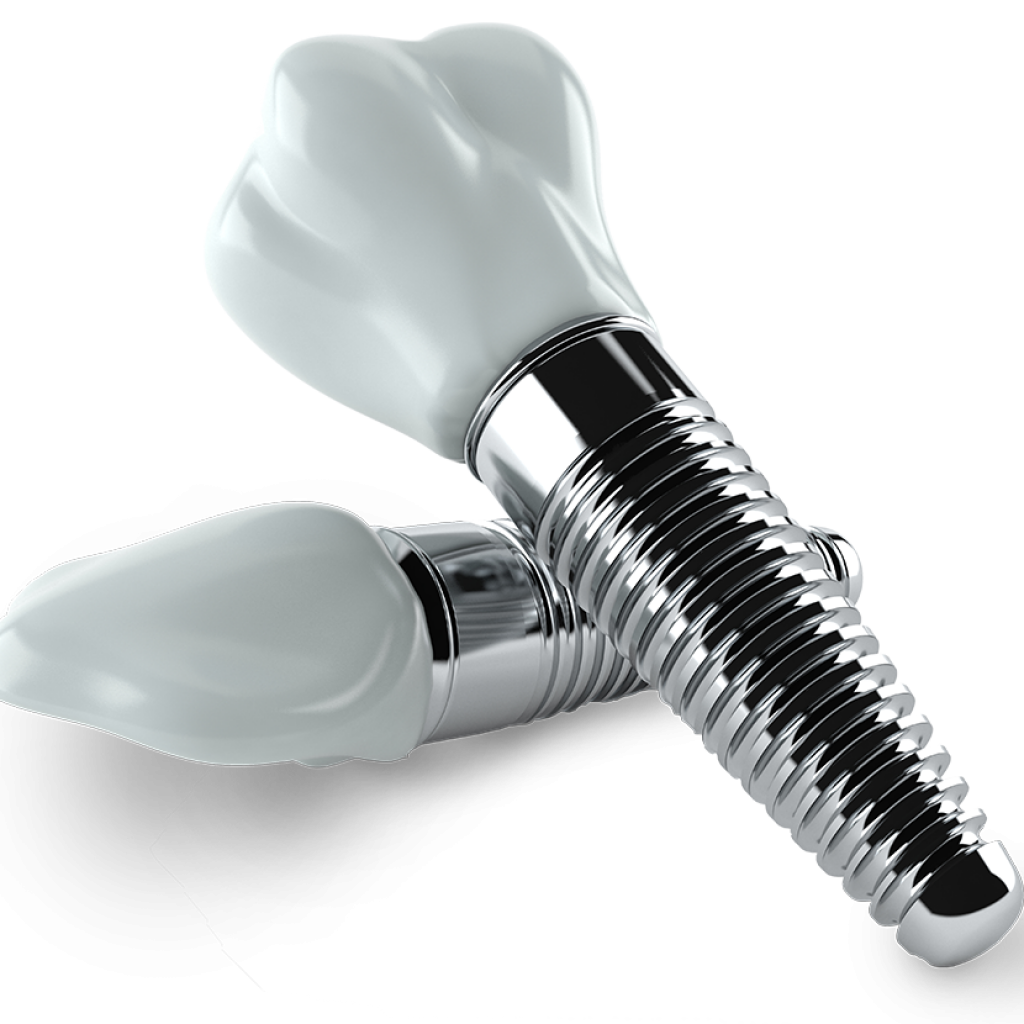
Dental implants are by far the most effective way for long-term tooth replacement. Dental implants operate and look like natural teeth, only requiring a traditional dental hygiene routine to maintain them. But what is the lifespan of dental implants? The answer to your question is twofold it boils down to how healthy your gums and teeth are and the implants you choose. The science and engineering behind dental implants have evolved in the two decades. The cases of implant failures due to functionality or the body rejecting are very rare. Abusing the implant, pre-existing medical conditions, and or disease are more likely causes when dental implants tend to fail.
How long do dental implants last?
With regular flossing and tooth brushing the actual implant itself can last a lifetime. This assumes that the patient is returning every 6 months for regular checkups. The crown however tends to only last anywhere from ten to fifteen years before it may need to be replaced due to normal wear and tear. The location of your dental implant also plays a factor, molars for instance are used most frequently during chewing. At the end of the day if they are used the most they will wear out faster than let’s say your incisors in the front.
What is the best option for tooth replacement?
Dental implants are a lifelong solution for missing teeth and are the preferred options of choice between patients and dentists alike. Dental implants entirely restore missing teeth with a natural-looking tooth that function and last longer than natural teeth. The bonding agents used to hold dentures in place nine times out of ten fails, which leads to slipping causing them to fall out. Dental implants are surgically attached to the interior portion of your jawbone. This prevents the dental implant from putting strain on neighbor teeth like dental bridges tend to do and do not require any special cleaning.
What causes dental implants to malfunction or fail?
Dental implants produce a long-term restoration and replacement solution for damaged or missing teeth when maintained and cared for. But there are some scenarios or conditions that can cause the implant to fail. Pre-existing medical conditions such as cancer or diabetes have a higher risk for failure. As mentioned earlier dental implants must be maintained, poor oral hygiene can cause gum disease which can lead to a gloomy effect on the success of your implants.
